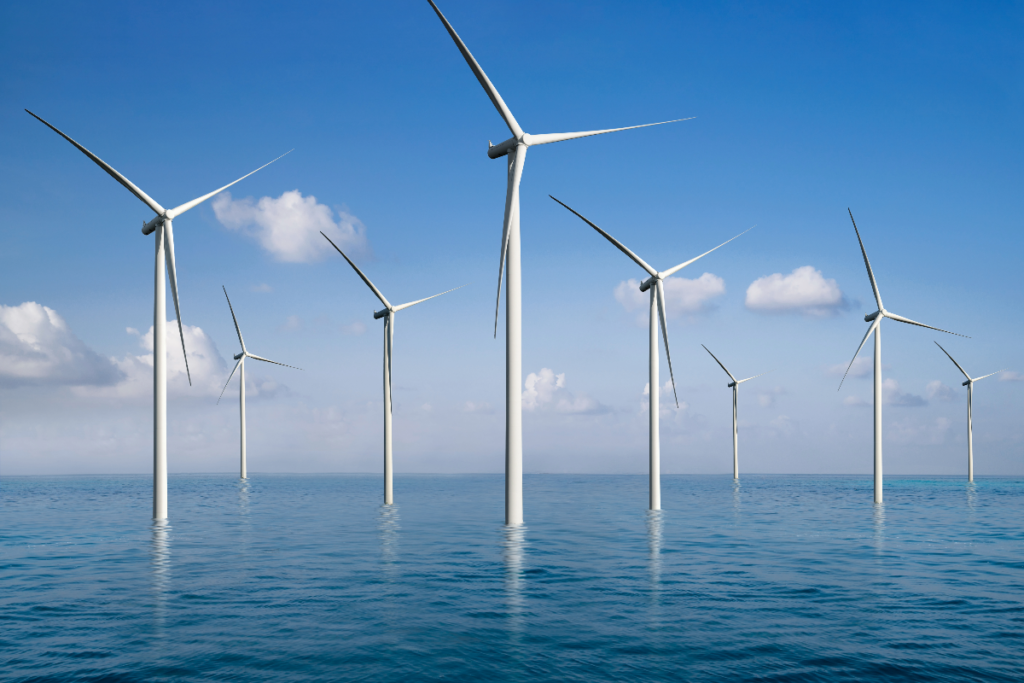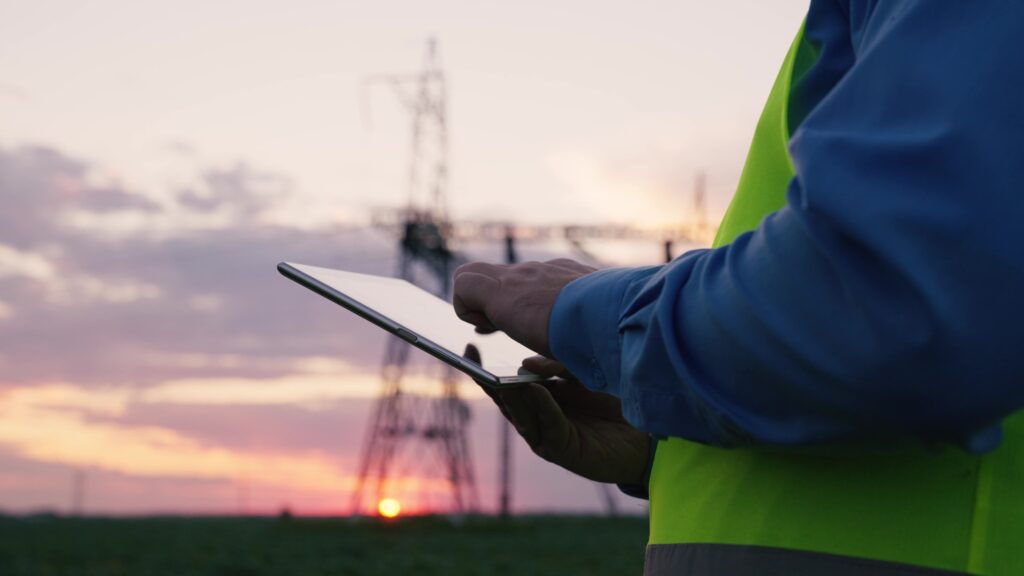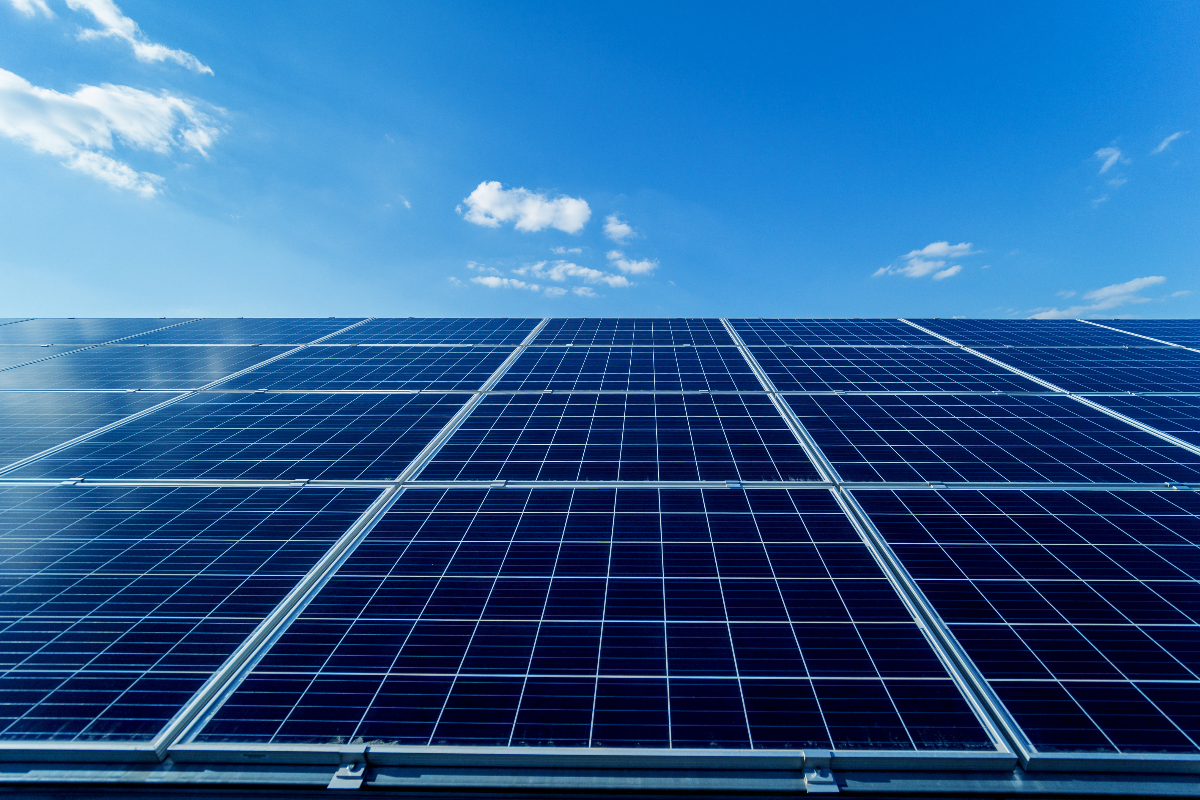NEWS
What is the Climate Change Levy (CCL) and how does it impact your business?

If you’ve looked at your energy bills recently, you might have seen a charge titled ‘Climate Change Levy’. This tax is placed on businesses to help combat climate change.
What is the Climate Change Levy (CCL)?
The Climate Change Levy (CCL) is an environmental tax in response to the impact of climate change. This tax applies to businesses in the industrial sector and public services as well as the commercial and agricultural sectors. You will see a charge on ‘taxable commodities’ for heating, lighting, and power purposes. The current rate sits at 0.672p/kWh for natural gas and 0.775p/kWh for electricity. Your business will pay the tax at either the main CCL rate or the Carbon Price Support (CPS) rate depending on your industry and whether you generate your own electricity.
- Main rates: You’ll have to pay the main rate on electricity, gas, and solid fuel you use if your business is in the industrial, public service, commercial or agricultural sectors. You can find these rates on your business’ gas and electricity bill. Charities doing non-commercial activities or any business that only consumes a small amount of energy will be exempt from paying the main rates.
- Carbon Price Support rates: You’ll pay the CPS rate if you own generating stations, or you use combined heat and power stations. The levy rate will vary for each commodity so will be kilowatt hours for gas and electric and kilograms for other commodities. If your business generates its own electricity and makes money through a Feed in Tariff, you probably won’t have to pay the levy as its classed as a small generator.
Want to know more about Third Party Charges? Click the button below!
Why was the Climate Change Levy (CCL) put in place?
The government put the tax into place in April 2001 to try and combat Climate Change. Businesses are taxed based on how much non-renewable energy they use, with this amount increasing each tax year. This aims to encourage businesses to implement more energy saving and energy efficient methods.


Are there any exemptions from the Climate Change Levy (CCL)?
There are a handful of exemptions from the Climate Change Levy. If your business uses less than 33kWh of electricity and 145kWh of gas a day, then you won’t have to worry about paying the levy. If you’re a domestic energy user, such as energy for homes, schools, and self-catering accommodations, you won’t see the levy on your bill either. Also, if your business is a charity that carries out non-commercial activity then you are exempt too.
Energy doesn’t need to cost the earth – get a quick quote!
How can I pay a reduced rate on the Climate Change Levy (CCL)?
There’s also the option to pay a reduced rate on the Climate Change Levy too. If your business is making energy-efficient changes, then there’s a chance you could pay the reduced rate. If you’re an energy-intensive business, you can enter into a Climate Change Agreement (CCA) with the Environment Agency. This is a voluntary agreement that aims to reduce your energy consumption and CO2 emissions. In return for reducing your consumption, you get a 90% reduction in the rate you pay on electricity bills. Also, you will see a 65% reduction on all other fuel usage. At the end of each term, the EA will assess your energy usage and, if you meet the targets, you can continue claiming the discount.
How is the Climate Change Levy (CCL) charged?
Your energy supplier is responsible for making sure that they charge you the appropriate CCL. You’ll be able to see the amount as a separate line item on your energy bill. This money will then goes to HM Revenue & Customs. You’ll need to register for the CCL first though. If you don’t register or fail to pay the levy, you’ll have to pay a penalty of £250 for each instance. If you think you’ve overpaid on your CCL, you can reclaim it as a tax credit.
Contact us
Want to become more sustainable and switch to renewable energy sources? Our team of experts are on hand to help your business switch to renewable energy options and reduce your carbon footprint. Get in touch with our experts today to learn more.




